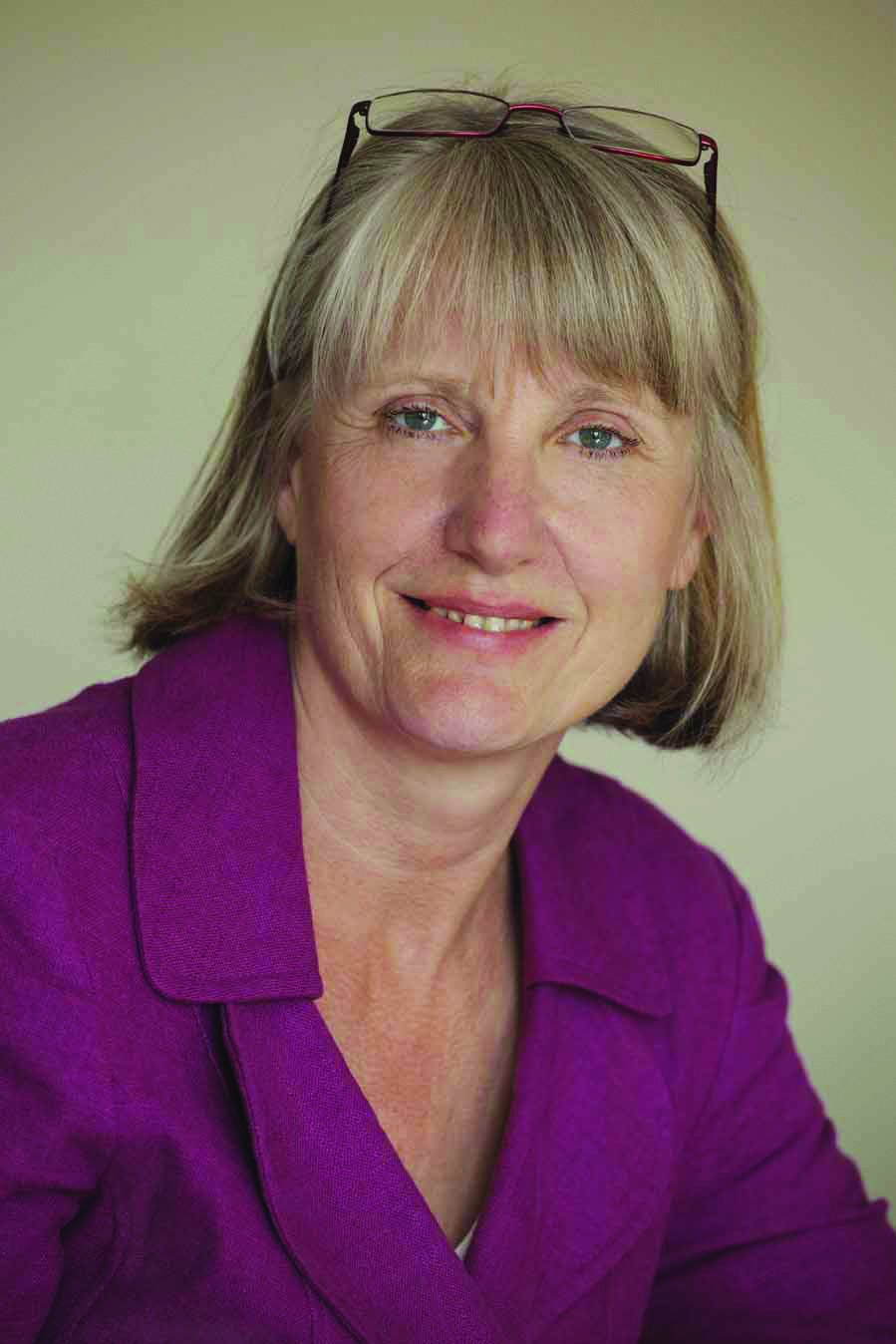Best
practice recommendations for healthcare professionals providing help and
support to women experiencing the menopause have been issued in a joint
position statement from the British Menopause Society (BMS), Royal College of
Obstetricians and Gynaecologists (RCOG) and the Society for Endocrinology
(SfE).
The
statement is in response to growing concerns around hormone replacement therapy
(HRT) shortages and provides an expert consensus on best practice for menopause
care and treatment, incorporating national and international evidence-based
information. The recommendations advise an individualised approach, considering
the risks and benefits of therapies as well as lifestyle choices so that women
can make informed decisions about their treatment and care.
It is
estimated that menopause symptoms affect more than 75% of women, with over 25%
of women experiencing severe symptoms. These can include hot flushes and night
sweats, vaginal dryness, a change in mood and memory problems, many of which
can last for several years. These symptoms can have a detrimental impact on
women’s quality of life and wellbeing, as well as pose more serious risks to
their bone and cardiovascular health. The menopause for many women has been
shrouded in stigma and taboo, however in the past couple of years we have seen
an uplift in awareness of the menopause and its symptoms through the media.
Recent HRT shortages, as well as a plethora of misinformation about menopause
in the mainstream media has prompted the preparation of this statement.
As a group
of medical organisations, the BMS, RCOG and SfE aim to provide evidence-based
guidance to healthcare practitioners who work with women experiencing the
menopause, to ensure that they have access to accurate information and can help
women make informed decisions about their treatment and care. It is important
to not only consider HRT, but to also offer advice on lifestyle, such as
exercise, optimising weight, stopping smoking, reducing alcohol, as well as the
advantages and disadvantages of alternative therapies. The statement advises
that the individual needs of each woman be considered, rather than a “one size
fits all” approach. It also considers the risks and benefits of hormonal
therapies in the context of age, cardiovascular health, cancer status and body
weight.
Haitham
Hamoda, Chairman British Menopause Society says, “Whilst women can access much
information on the internet and social media, there unfortunately remains some
misinformation. The importance of applying a holistic and individualised
approach in the care of women going through the menopause transition was
recognised in the NICE guidance in 2015, as well as other national and
international guidance documents. It is essential that women are made aware
that help and support is available to them and are provided with access to
accurate information.”
Professor
Stephanie Baldeweg, Consultant Endocrinologist and SfE Clinical Committee Chair
says, “In recent years, the mainstream media has provoked much positive
discussion over what treatments are available and what more could be done to
support women going through the menopause. Some reports and headline have been
conflicting, so guidance from independent expert governing bodies, through
careful consideration of peer reviewed data from a wide range of high quality
sources, is very much needed to empower patients, doctors, practitioners and
women to make informed choices.”
Dr Edward
Morris, President of the Royal College of Obstetricians and Gynaecologists
(RCOG), says, “It’s clearly been a really distressing time for many women who
have tried to access their regular form of HRT and not been able to as a result
of these shortages.
“The aim of
this statement is to provide clear recommendations of best practice for
healthcare professionals caring for women and people of all ages who have
menopausal symptoms. All women will experience the menopause in different ways
and that’s why it’s important they are provided with tailored care that’s right
for them.”
The
menopause is a major life event that can affect women in different ways. An
individualised approach in assessing women going through the menopause is
essential and it’s important that women are made aware of the help and support
available to them, and that they feel able to consult their GP for trusted
advice. This Position Statement is intended to provide useful and accurate
recommendations for professionals to guide women in finding what’s best for
them.
